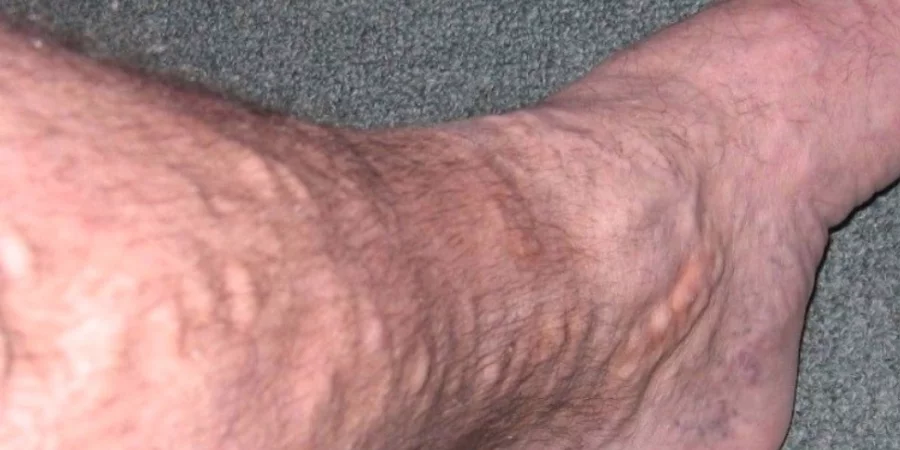Is Grape Seed Oil Good for Varicose Veins?

Varicose veins can be an unsightly and sometimes painful condition that affects many people, especially as they age. While there are medical treatments available, some people turn to natural remedies like grape seed oil to help alleviate their symptoms. But is grape seed oil really effective for treating varicose veins? Let's take a closer look.
What Are Varicose Veins?
Varicose veins are swollen, twisted veins that most commonly appear in the legs and feet. They occur when the valves in the veins that normally keep blood flowing in one direction stop working properly, causing blood to pool and the veins to enlarge. Varicose veins can cause symptoms like aching, heaviness, burning, throbbing, and swelling in the affected area.

The Potential Benefits of Grape Seed Oil
Grape seed oil has been touted as a natural remedy for varicose veins due to its anti-inflammatory and antioxidant properties. Here are some of the ways grape seed oil may help with varicose veins:
Improving Circulation
Grape seed oil contains compounds called proanthocyanidins that may help strengthen and improve the flexibility of blood vessels and capillaries. This could help improve circulation and reduce the pooling of blood that leads to varicose veins.
Reducing Inflammation
The antioxidants in grape seed oil, particularly vitamin E and linoleic acid, have anti-inflammatory effects. This could help reduce the swelling and discomfort associated with varicose veins.
Strengthening Veins
Some research suggests that grape seed oil may help strengthen the walls of veins and improve their elasticity. This could make veins less prone to becoming varicose.
Relieving Symptoms
Applying grape seed oil topically to varicose veins may help relieve symptoms like pain, itching, and heaviness in the legs[5]. The oil may have a soothing effect and help reduce inflammation.

Does Grape Seed Oil Actually Help Varicose Veins?
While grape seed oil shows promise for helping with varicose veins, the evidence is still limited. Some studies have found that grape seed oil may help improve circulation, reduce inflammation, and strengthen veins, all of which could potentially help with varicose veins. However, most of these studies have been small or done on animals.
One study gave 100 people with varicose veins either grape seed extract or a placebo for 6 months. The group taking the grape seed extract reported less pain and swelling in their legs compared to the placebo group. However, this study was funded by a company that makes grape seed extract supplements, so the results should be interpreted cautiously.
Overall, while grape seed oil appears to be safe to use and may provide some relief for varicose vein symptoms, it hasn't been proven to be an effective treatment. More high-quality research is needed to confirm its benefits. If you have severe varicose veins or concerning symptoms, it's best to consult a doctor about medical treatments rather than relying solely on natural remedies.
How to Use Grape Seed Oil for Varicose Veins
If you want to try using grape seed oil for your varicose veins, here are some tips:
- Use pure, high-quality grape seed oil. Look for an oil that is cold-pressed and unrefined.
- Apply the oil directly to the affected veins, massaging it gently into the skin. Do this twice daily.
- Consider taking grape seed oil supplements, but check with your doctor first, especially if you take any medications.
- Combine grape seed oil with other natural remedies like horse chestnut, butcher's broom, and vitamin C for added benefits.
- Be patient, as it may take several weeks or months to see results.
Conclusion
Many people have questions such as whether bio oil is good for varicose veins. According to doctors and health experts who write for us on health and medicine, while grape seed oil shows promise as a natural treatment for varicose veins, more research is needed to confirm its effectiveness. However, it is generally safe to use and may provide some relief for symptoms. If you have severe varicose veins or are experiencing significant pain or swelling, it's best to consult with a doctor to determine the best course of treatment.
More to Read:
Previous Posts:








